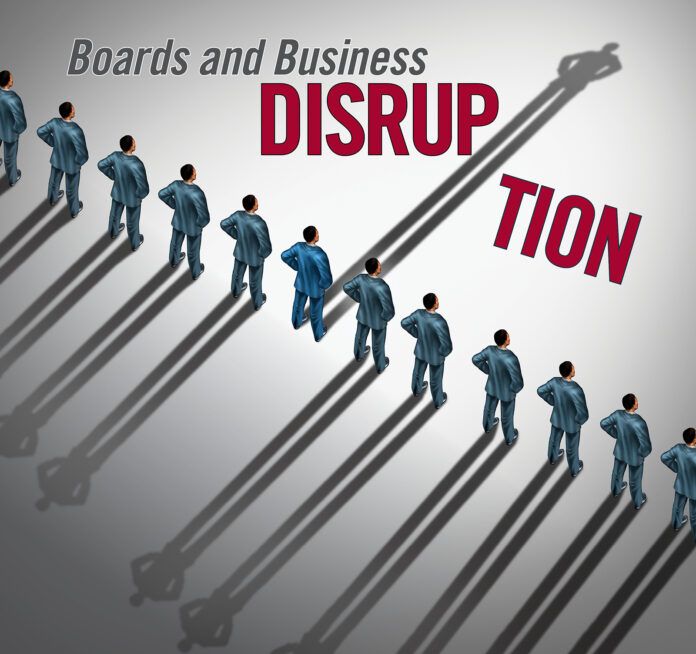A few years ago, Milton Rock, my grandfather and the longtime publisher of Directors & Boards magazine, was asked what was the best day of his life and without hesitation replied: “tomorrow.”
Earlier this year, he passed away at the age of 96. He was a remarkable man of exceptional vision who, as managing partner of the Hay Group, helped to transform and professionalize corporate governance. (Today, Hay is part of Korn Ferry.) For someone who accomplished so many great things, he never dwelt on the past, but always faced the future.
As president of MLR Holdings, the owner of media and B2B information businesses, including Private Company Director, I have been fortunate to serve on the boards of private companies with some very talented individuals. That includes the board of 451 Research, a provider of technology business intelligence and market data, owned by MLR Holdings.
While 451 Research provides its clients with insight and analysis on technology innovation and market disruption, even our board has to consciously step away from the focus on near-term items to envision potential disruption to our own business and market.
All boards are charged with stewardship of the business, which naturally includes looking out for potential opportunities and pitfalls, but seeing transformational changes can be challenging.
A board’s ability to identify and respond to possible business disruption is aided by four things:
• The inclusion of independent board members with different backgrounds and skillsets can ensure the diversity of thought needed to avoid tunnel vision.
• A board empowered to ask tough, penetrating and longer-term questions, including those where the answer could lead to discomfort, is imperative to successfully identifying and navigating possible disruptive change.
• At least once a year, having a discussion around what is not only out of view, but potentially around the corner, can force concentration on these issues.
• And finally, after identifying potential opportunities and pitfalls, boards need members who are committed to holding management accountable to prepare for and affect the change needed to capitalize on disruption.
At a recent 451 Research board meeting, we set aside part of the meeting to consider possible disruption to our business and then played out potential responses to limit challenges and capitalize on potential transformation of our industry. Through exercises like these, independent and diverse boards can experience the optimism my grandfather always held, with the knowledge that through preparation and foresight, their best day may be “tomorrow.”
 Bill Rock is the president of MLR Holdings LLC, publishers of Private Company Director magazine.
Bill Rock is the president of MLR Holdings LLC, publishers of Private Company Director magazine.



